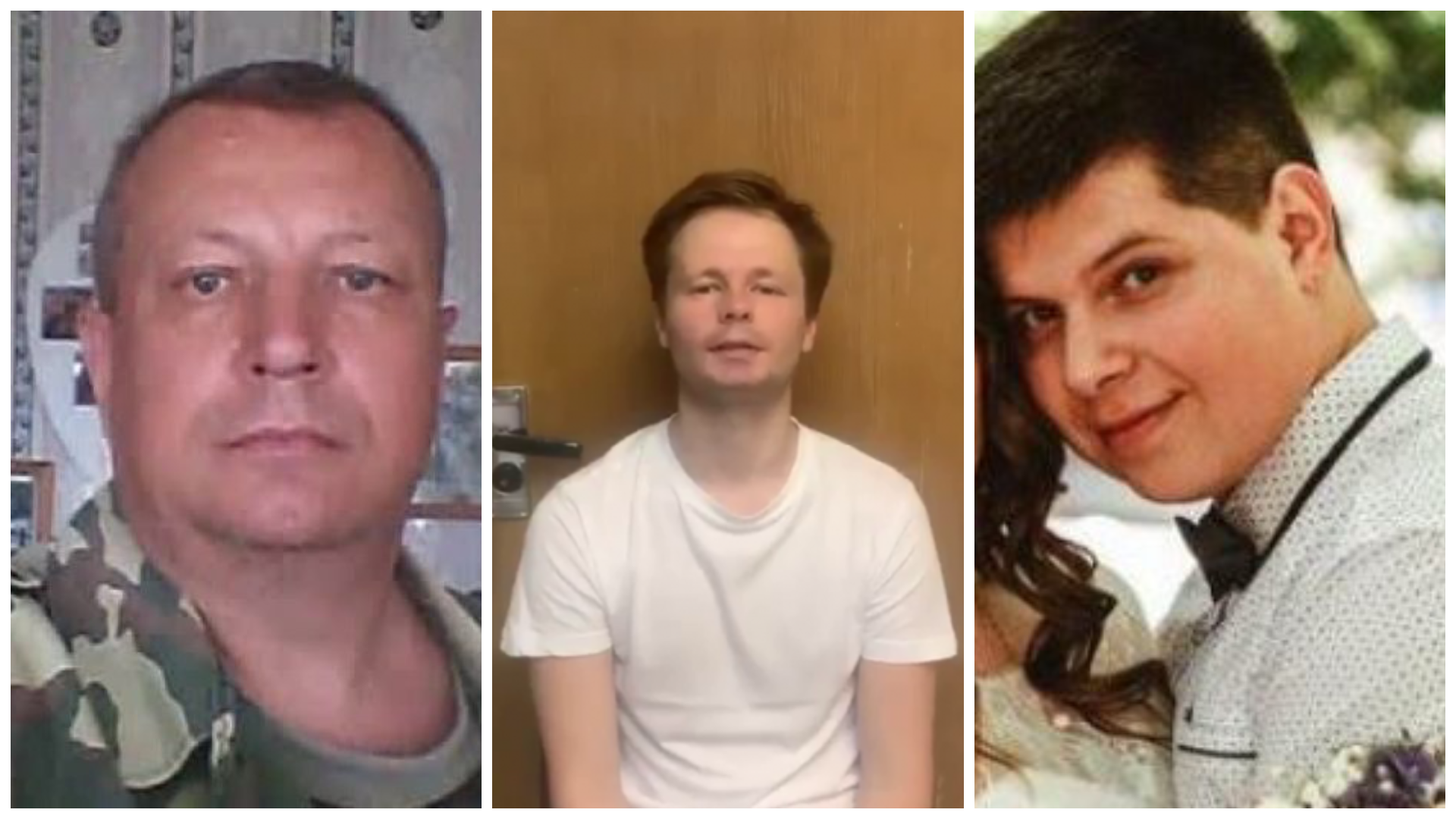
We, representatives of the human rights community in Belarus, note that criminal liability for incitement of “other social hatred or discord” (Article 130 of the Criminal Code) has been selectively and discriminatorily applied by both the investigators and the courts in an apparent attempt to protect the institutions of power. Moreover, it seems unreasonable to label representatives of the authorities, police officers, military personnel, etc. as separate social groups falling under protection in this context.
Opponents of the authorities are unjustifiably detained before trial in the absence of sufficient grounds for restricting personal liberty. As the UN Human Rights Committee notes, “remand in custody on criminal charges must be reasonable and necessary in all the circumstances.”
“Detention in custody of persons awaiting trial shall be the exception rather than the rule. […] release from such custody may be subject to guarantees of appearance, including appearance for trial, appearance at any other stage of the judicial proceedings and (should occasion arise) appearance for execution of the judgment. That sentence applies to persons awaiting trial on criminal charges, that is, after the defendant has been charged, but a similar requirement prior to charging results from the prohibition of arbitrary detention […]. It should not be the general practice to subject defendants to pretrial detention. Detention pending trial must be based on an individualized determination that it is reasonable and necessary taking into account all the circumstances, for such purposes as to prevent flight, interference with evidence or the recurrence of crime. The relevant factors should be specified in law and should not include vague and expansive standards such as “public security”. […] Neither should pretrial detention be ordered for a period based on the potential sentence for the crime charged, rather than on a determination of necessity.”
In particular, we are aware of the detention of the following persons:
Aliaksei Bychkouski, detained under Part 6 of Art. 16 and Art. 364, Part 6 of Art. 16 and Art. 130, Part 3 of Art. 201-1, Art. 352 of the Criminal Code (complicity in deliberate actions aimed at inciting other social hostility and discord on the basis of a different social belonging, committed by a group of persons, etc.) for leaking to a Telegram channel the personal data of several security officers;
Dzmitry Padrez, detained under Art. 130 of the Criminal Code for leaking to a Telegram channel the personal data of several security officers.
We also know about the sentencing of:
Yauhen Kharashkevich under Part 1 of Art. 130, Art. 369 (insulting a government official), Part 1 of Art. 342 of the Criminal Code (group actions that grossly violate public order) to 4 years in a penal colony;
Valery Bohdan under Part 1 of Art. 130, Part 2 of Art. 367 (libel against the president), Part 1 of Art. 368 of the Criminal Code (insulting the president).
The actions of these persons were not motivated by hatred. Nor did they call for violent actions on national, ethnic, racial or religious grounds.
We emphasize once again that in the above cases the actions of the accused were a consequence of the lack of freedom of expression. They were caused by the authorities’ failure to investigate crimes against peaceful protesters and other victims of ill-treatment and torture, together with disappointment in the government’s ability to stop lawlessness.
Assessing these cases of criminal prosecution, we conclude that there is in each of them a political motive for prosecution.
According to para. 3.2 of the Guidelines on the Definition of Political Prisoners, a political prisoner is a person deprived of liberty if, for political reasons, he or she is persecuted for at least one of the following reasons:
a) the detention has been imposed in violation of the right to a fair trial, other rights and freedoms guaranteed by the International Covenant on Civil and Political Rights or the European Convention for the Protection of Human Rights and Fundamental Freedoms;
d) the person has been detained in a discriminatory manner as compared to other persons.
We, representatives of the Belarusian human rights community, declare that the persecution of Aliaksei Bychkouski, Dzmitry Padrez, Yauhen Kharashkevich and Valery Bohdan is politically motivated, and the detainees are therefore political prisoners.
In this regard, we call on the Belarusian authorities to:
- review the measures and procedural decisions taken against them, respect their right to a fair trial and eliminate the factors that influenced the decision to enforce pre-trial detention;
- immediately release all political prisoners and end political repression.
Human Rights Center “Viasna”
Belarusian Association of Journalists
Lawtrend
Legal Initiative
PEN Belarus
Barys Zvozskau Belarusian Human Rights House
